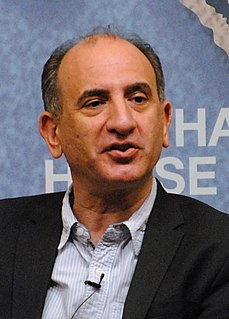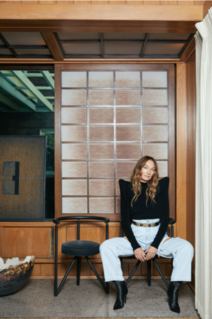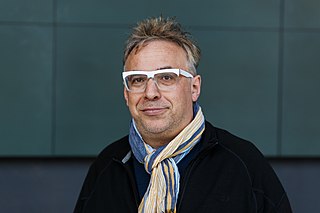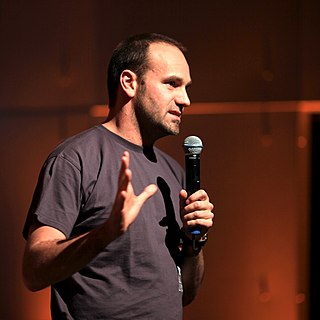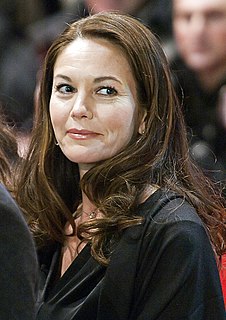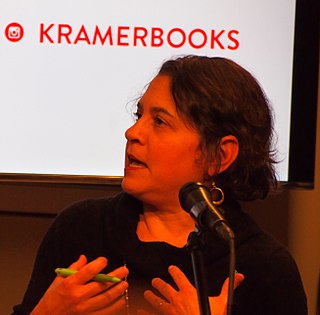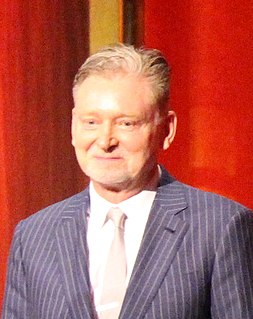A Quote by Armando Iannucci
The only shared reality we have is things we have seen on television.
Related Quotes
Reality television is to television what marble and gold are to real estate. The point is to dispense with the idea of taste. It's all id. The more unrestrained the better. We all know that 'reality' in reality television is not real. That anybody who would participate in reality television is a fake. But pretending otherwise makes them real.
What little reality television I've seen seems to be about economic desperation. Like the marathon dancing of the Great Depression, which should give us pause. People willing to eat flies and worms for a sum that is less than the weekly paycheck of the show's producer. I haven't seen "reality television" that is other than this kind of painful, sadistic exploitation of fit young people looking for agents.
... what is faked [by the computerization of image-making], of course, is not reality, but photographic reality, reality as seen by the camera lens. In other words, what computer graphics have (almost) achieved is not realism, but rather only photorealism - the ability to fake not our perceptual and bodily experience of reality but only its photographic image.
When you drill down, blockchains are really a shared version of reality everyone agrees on. So whether it's a fully immersive VR experience, augmented reality, or even Bitcoin or Ethereum in the physical world as a shared ledger for our 'real world,' we'll increasingly trust blockchains as our basis for reality.
Free software is part of a broader phenomenon, which is a shift toward recognizing the value of shared work. Historically, shared stuff had a very bad name. The reputation was that people always abused shared things, and in the physical world, something that is shared and abused becomes worthless. In the digital world, I think we have the inverse effect, where something that is shared can become more valuable than something that is closely held, as long as it is both shared and contributed to by everybody who is sharing in it.
If I were inclined to worry that the United States was veering in a dangerously theocratic direction, here's a short list of things I wouldn't fret about: a reality television program depicting the lives of ordinary Americans; a clause in a contract between parties to a business transaction agreeing that any disputes that arise between them be resolved in compliance with shared religious principles; halal soup; halal turkeys on the Thanksgiving table.
Many of the things that bring delight should not be owned. They are more enjoyed if another's, than if yours; the first day they give pleasure to the owner, but in all the rest to the others: what belongs to another rejoices doubly, because it is without the risk of going stale and with the satisfaction of freshness. . . the possession of things not only diminishes their enjoyment, but augments their annoyance, whether shared or not shared.
